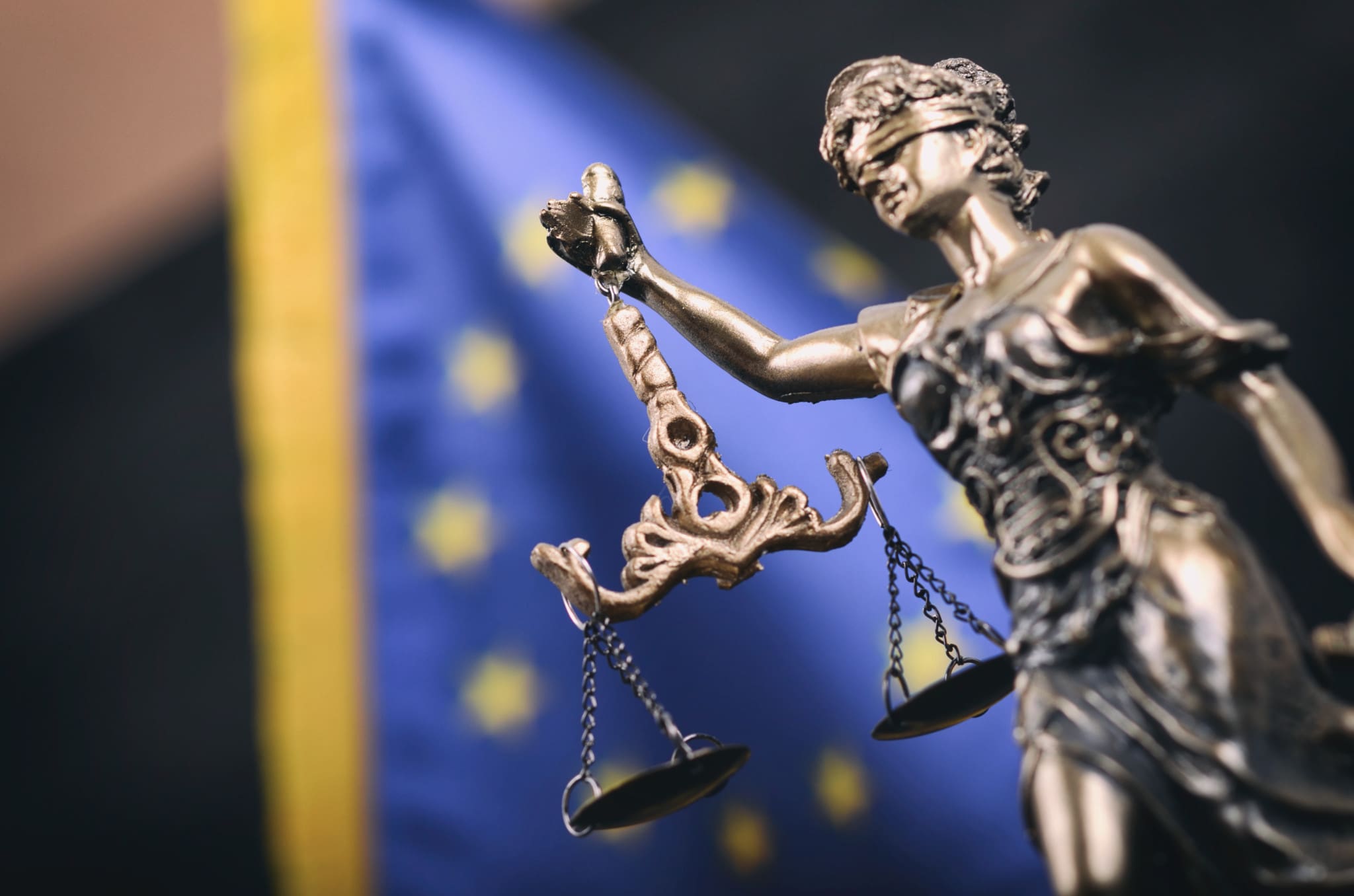According to revelations made in the French newspaper Libération, the fraud and conflicts of interest unveiled by the conviction on Sept. 30 of a former member of the European Court of Auditors (ECA) is only the tip of the iceberg.
Jean Quatremer, the EU correspondent of this very pro-EU, left-wing daily, published on Dec. 1 the results of his journalistic investigation implicating not only the Court of Auditors but also the European Commission and the Court of Justice, unveiling the existence of some kind of state within the state created mainly by the European People’s Party (EPP).
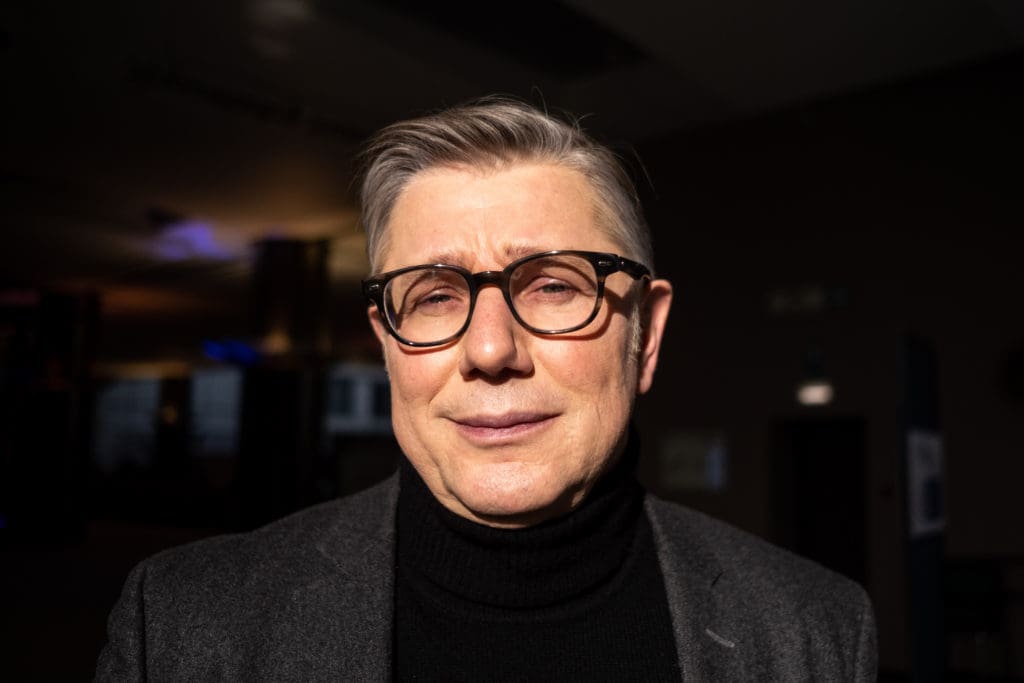
In what could be described as a deep state created and cultivated by the EPP, concepts like the famous rule of law and the need to protect the Union’s financial interests do not seem to apply, even though the party is so often opposed to certain member countries of the former Eastern Bloc, such as Poland and Hungary, but also the Czech Republic and Romania. What is worse is that even the institution responsible for ensuring the EU’s financial transparency seems unable to apply to itself the transparency required of others.
And the most curious thing is that, unlike in other EU countries (Germany, Austria, Poland, etc.), in France itself, the country where these revelations were made, the mainstream media has kept silent on the investigation by this respected journalist, who is known for having brought down the Santer Commission in 1999 with his revelations on the practices of the French Commissioner Edith Cresson. It is also Jean Quatremer’s work as a journalist that is behind the removal from the Commission in July 2019 of Germany’s Martin Selmayr, Jean-Claude Juncker’s former right-hand man.
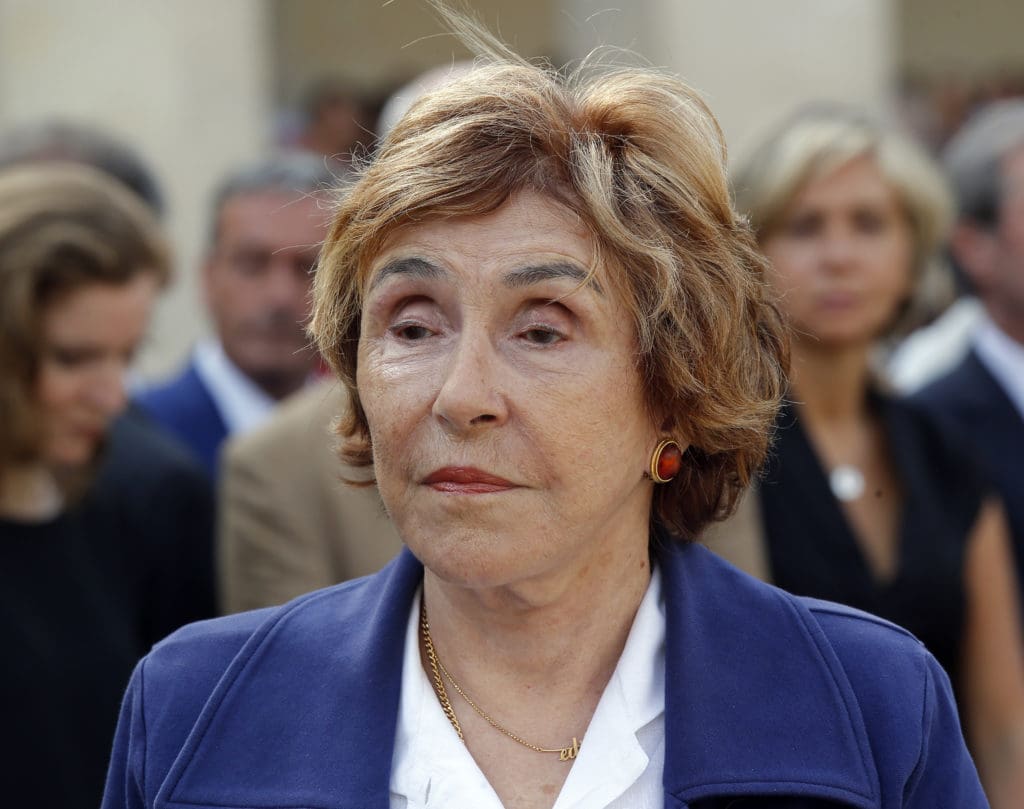
In December 2018, the process of appointing Selmayr as secretary-general of the European Commission had been the source of a European Parliament resolution complaining that “the Commission failed to respect the principles of transparency, ethics and the rule of law.” It was indeed Quatremer who first revealed how Selmayr had been illegally appointed to the post of Commission secretary-general by Jean-Claude Juncker in February 2018.
Concerning the conviction on Sept. 30 of a Belgian member of the European Court of Auditors, Karel Pinxten — a close associate of the current President of the European Court of Justice, Pinxten’s fellow countryman Koen Lenaerts — was found guilty by the ECJ of embezzling almost half a million euros from the Court of Auditors, with Pinxten’s illegal activity being confirmed following an investigation by the European Anti-Fraud Office (OLAF). However, the OLAF too does not appear to have clean hands in this case. As a result, Pinxten has been stripped of two-thirds of his pension rights as a former member of the European Court of Auditors and remains on trial in the Grand-Duchy of Luxembourg.
[Koen Lenaerts] regularly went to Pinxten’s home to attend parties, as on May 31, 2008, when the 18 guests included EU officials, politicians, and major Belgian businessmen, all of which was billed to the ECA at a cost of €2,560
On Sept. 30, Jean Quatremer wrote in Libération: “This is the first time in the history of the [European] Community that the Court of Justice has decided on such a sanction against a European official, an ECA ‘member’ being the equivalent of a European commissioner.
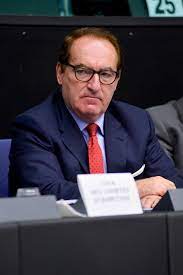
“In 2006, in a ruling closing the Edith Cresson case, the French commissioner who, by distributing fictitious jobs to her relatives — nepotism revealed by Libération — had forced the EU executive then chaired by Jacques Santer to resign in March 1999, [the ECJ] had simply considered that the simple finding of ‘failure’ to perform her duties constituted in itself a sanction. But it is true that the former Socialist prime minister did not embezzle any money for her own benefit, whereas Karel Pinxten ‘abused his office for acts of personal enrichment or in the pursuit of his personal interests,’ as the Irish Advocate General, Gerard Hogan, noted in his conclusions.”
However, in an article published on Dec. 1, Quatremer notes that the signatures of eight ECJ judges are missing below the Sept. 30 judgment against Karel Pinxten, theoretically delivered in full court. Among the missing signatures was that of ECJ President Koen Lenaerts, who had officially recused himself from the case because of his close links with Pinxten.
“These two Dutch-speaking Belgians, who met in the CD&V, the Flemish Christian Democrat party, before Pinxten left it for the Liberal party, maintained very close ties,” Quatremer wrote on Dec. 1, as “the latter is the godfather of one of Lenaerts’ daughters and he attended her wedding in May 2012, not hesitating to have the ECA cover the costs of his travel. Lenaerts and Pinxten also regularly had lunch or dinner together in restaurants at the expense of the European taxpayer without anyone understanding the professional interest of these meetings. Similarly, the Belgian judge regularly went to Pinxten’s home to attend parties, as on May 31, 2008, when the 18 guests included EU officials, politicians, and major Belgian businessmen, all of which was billed to the ECA at a cost of €2,560.”
Quatremer gives further details: “One of the invitation letters – which Libération has seen – sent by Pinxten to Charles Michel, the current president of the European Council, on April 28, 2015, while he was Belgium’s prime minister, leaves little room for doubt: ‘There are always one or two prominent political figures, as well as a few friends who hold high positions in the corporate world… Since they are all part of my personal circle of friends, I can guarantee absolute discretion and respect for the confidentiality of our conversations.’ This should compel participants holding EU positions to refuse them or at least declare them, which has never been done.”
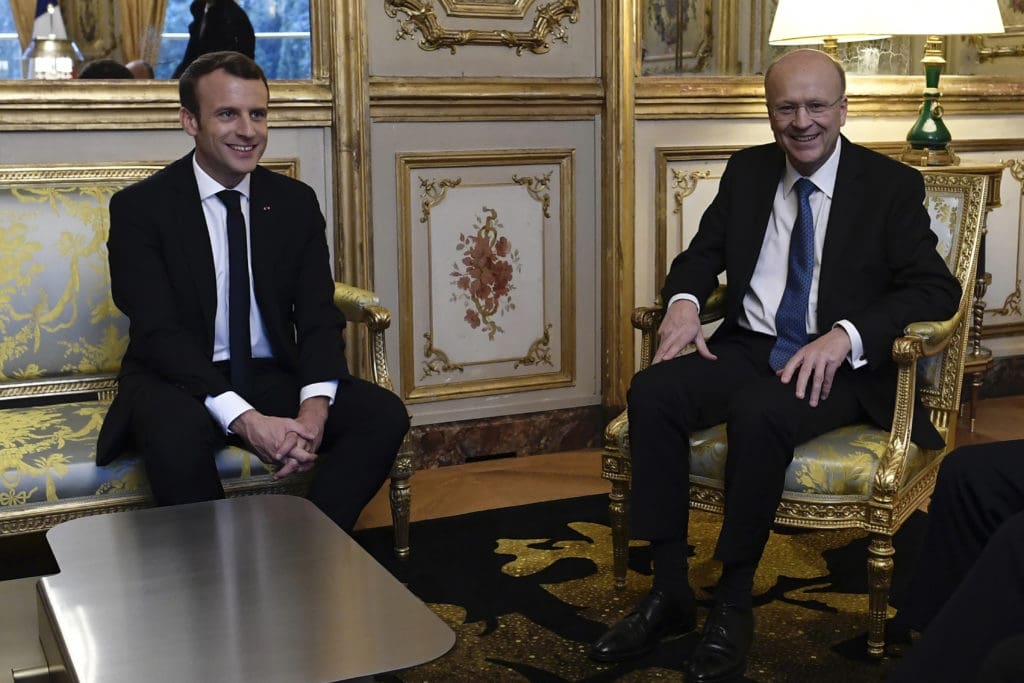
And it is not just about Lenaert. Swedish ECJ judge Nils Wahl also chose to abstain from Pinxten’s case, since he had participated, according to Libération’s information, in “nine hunts organized and paid for by a Brussels lobby, the European Landowners’ Organization (ELO), which took place at Chambord, in France and at the royal estate of Ciergnon (south of Dinant), in Belgium.”
Quatremer offers a little clarification on this lobby: its “main purpose is to bring together European officials, politicians, and bosses at festive events, which could suggest influence peddling.”

With the help of Pinxten, the ELO lobby has also involved European Commissioners and Directors General of the Commission in its hunts, such as the Finnish vice-president of the Juncker Commission, Jyrki Katainen (EPP), or the Austrian Commissioner Johannes Hahn (EPP), who has also been invited to several dinners organized by Pinxten. One of these dinners for 11 people, including Hahn, cost the European Court of Auditors — in other words, the European taxpayers — €2,178. In another such dinner in July 2010, ECJ judges Lenaerts and Quinn similarly ate at the expense of the European taxpayer through the ECA.
The invitations which benefited the European commissioners should all have been declared to the Commission Transparency Register, which was never done. What makes things worse in the case of Johannes Hahn, as Quatremer points out, is that “Karel Pinxten chaired Chamber III of the ECA in charge of auditing the Enlargement and Neighbourhood Policy budget, Johannes Hahn’s portfolio” within the Juncker Commission. The Austrian is now European Commissioner for Budget and Administration in the von der Leyen Commission.
“On June 11, 14, and 28, 2021, [Hahn] had dinner with Helga Berger, the Austrian member of Chamber V, the one who audits Johannes Hahn’s new portfolio of Budget and Administration in the Commission chaired by Germany’s Ursula von der Leyen (EPP), of whom he is the true right-hand man. His current girlfriend even attended one of these meals. Need I point out that Berger has failed to specify the purpose of these dinners paid for by the ECA?” Jean Quatremer writes further.
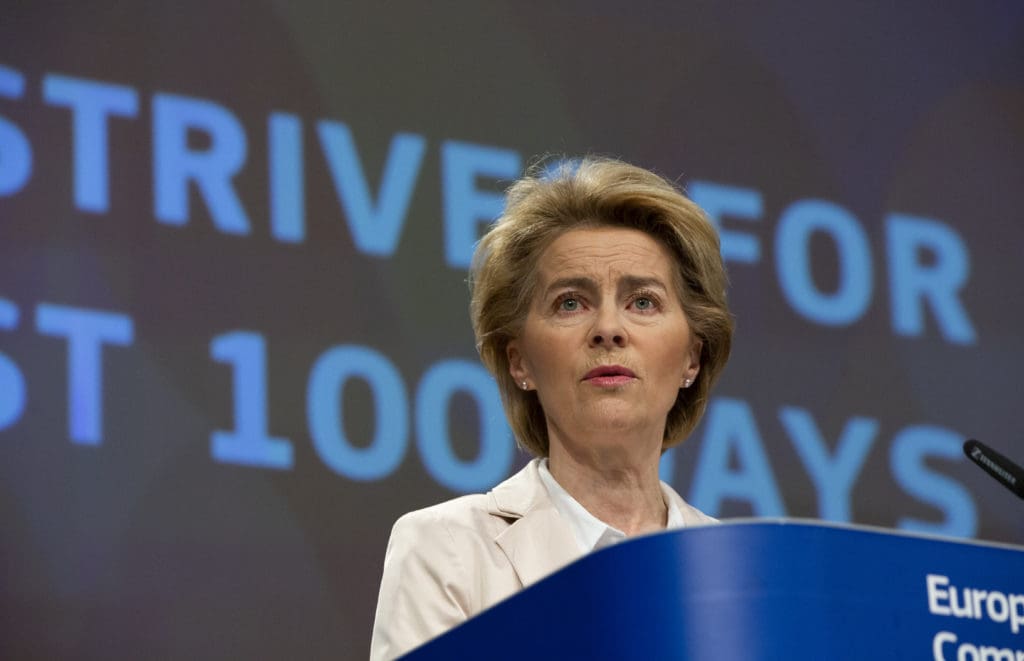
The Libération journalist also notes, in addition to the absence of the signatures of other ECJ judges who had links to Pinxten or benefited from his invitations, that “the European Anti-Fraud Office, so quick to communicate as soon as an official is suspected of stealing a pencil, did not issue any press release when it issued its report on the Pinxten case in July 2018. Clearly, the fact that OLAF’s new director-general, who was appointed in February 2018 — but only took up his post in August 2018 — is Finland’s Ville Itälä, a former member of the ECA chamber chaired by Pinxten and a close friend of Klaus-Heiner Lehne, the president of the European Court of Auditors, probably played a role in them remaining so discreet.”
The European commissioner who has been overseeing OLAF since the end of 2019 is in fact Johannes Hahn. OLAF’s president, Ville Itälä, is a former EPP MEP as well as “a former member of the ECA chamber chaired by Karel Pinxten and a close friend of Klaus-Heiner Lehne, the president of the European Court of Auditors,” Quatremer tells us. “It is striking that all the officials from the European Anti-Fraud Office who investigated Pinxten were removed by Itälä. ‘The EPP state’, which is not bothered by ethics or transparency, knows how to be effective in limiting damage and returning to the shadows,” the Libération’s EU correspondent concludes.


